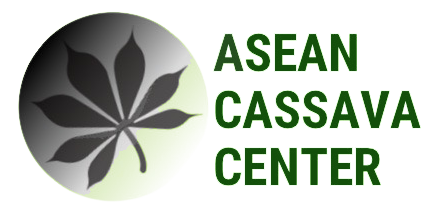Search tag: "Thailand" (remove)
Biogeochemical cycling of zinc in soil-cassava cropping system in Thailand
Inadequate management in continuous plant production may deplete zinc (Zn) in soils, leading to Zn deficiency in staple foods and human malnutrition in underdeveloped countries. This study assessed Zn dynamics in cassava-grown soils in Thailand, revealing low available Zn levels and varied total Zn stocks. Phyllosilicates, organic matter, and iron oxyhydroxides were primary Zn hosts. Most locations experienced net Zn depletion, emphasizing the urgent need for Zn fertilizer and organic manure to sustain long-term crop production.
Download
- March 23, 2024
Economic and Environmental Assessment of Different Biogas Conversion Technologies for Cassava Pulp Treatment in Thailand: A Case Study
This study examines the economic and environmental impact of various biogas conversion technologies for cassava pulp treatment. Anaerobic cover lagoon (ACL), modified cover lagoon (MCL), and anaerobic baffled reactors (ABR) emerged as most suitable based on investment cost. ACL and MCL offer high NPV, IRR, and short payback periods due to low overall costs.
Download
- March 23, 2024
An assessment of social sustainability of sugarcane and cassava cultivation in Thailand
Sugarcane and cassava, key crops in Thailand, vie for land resources. Social Life Cycle Assessment (S-LCA) was employed to gauge their social impact. Stakeholders like workers, farm owners, machine owners, and the local community were assessed. Key indicators encompassed fair wages, health and safety, working conditions, economic growth, technology access, market security, and employment. Cassava exhibited slightly superior social performance, despite both crops rated highly. Sugarcane, however, is recommended for promotion due to yield and demand expectations, albeit facing challenges.
Download
- March 23, 2024
